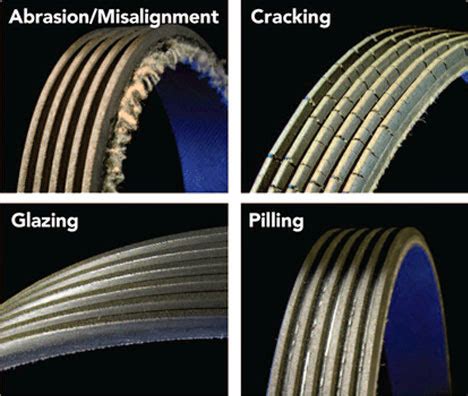How Do You Know If You Need A New Engine
Ronan Farrow
Mar 20, 2025 · 3 min read

Table of Contents
How Do You Know If You Need a New Engine?
Knowing when your car's engine is nearing the end of its life can be tricky. It’s not always a sudden, dramatic failure. Instead, it often presents a series of warning signs. Ignoring these can lead to costly repairs or even a complete engine failure, leaving you stranded. This guide will help you understand the key indicators that it's time to consider a new engine, or at least a major engine overhaul.
Key Signs Your Engine Needs Attention
Several symptoms point towards significant engine problems. Let's break them down:
1. Strange Noises:
- Knocking or pinging: A metallic knocking sound, especially under acceleration, often indicates problems with the connecting rods, bearings, or piston damage. This is a serious issue demanding immediate attention.
- Rattling or ticking: These sounds can signal a multitude of problems, from a loose timing chain or belt to worn-out valve lifters. While not always catastrophic, it warrants a professional inspection.
- Grinding or squealing: These noises can indicate serious issues with internal engine components such as the crankshaft or camshaft. They often accompany low oil pressure.
2. Performance Issues:
- Loss of power: Noticeably decreased acceleration or difficulty maintaining speed, especially uphill, suggests potential engine problems.
- Rough idling: A shaky or unsteady idle, coupled with other symptoms, points towards issues with ignition, fuel delivery, or internal engine components.
- Overheating: Frequent overheating, beyond what is normal for your vehicle, can quickly damage critical engine parts. Check your coolant levels regularly.
3. Visible Leaks & Fluid Issues:
- Oil leaks: Oil stains under your car or a consistently low oil level are clear signs of a leak. This can lead to catastrophic engine damage if left untreated.
- Coolant leaks: Similar to oil leaks, coolant loss indicates a potential problem with the engine's cooling system, potentially leading to overheating.
- Excessive oil consumption: Burning excessive amounts of oil can suggest issues with piston rings, valve seals, or other internal components.
4. Exhaust Smoke:
- Blue smoke: This usually indicates burning oil, suggesting worn piston rings or valve seals.
- White smoke: White smoke can signal a blown head gasket or a crack in the engine block. This often accompanies overheating.
- Black smoke: Black smoke usually points towards a rich fuel mixture, indicating a problem with the fuel injectors or other fuel system components.
When to Consider an Engine Replacement vs. Repair
Not every engine problem requires a complete replacement. Minor issues can often be fixed with repairs. However, extensive damage—like a cracked block or severely worn bearings—often makes a replacement more cost-effective than a prolonged and expensive repair.
Consider an engine replacement if:
- Repair costs exceed 70-80% of the engine's replacement cost. This is a general guideline, and the specific percentage will depend on your vehicle's make, model, and year.
- The damage is too extensive for a viable repair. Certain types of damage, like a cracked block or severely damaged crankshaft, are often irreparable.
- The age and mileage of the vehicle make a repair economically questionable. If your car is older and has high mileage, replacing the engine may not be worth the investment.
Ultimately, the decision rests on a thorough inspection by a qualified mechanic. They can diagnose the problem accurately and recommend the best course of action—repair, rebuild, or replacement. Don't hesitate to get multiple opinions if you are unsure. A proactive approach will save you money and ensure the longevity of your vehicle.
Featured Posts
Also read the following articles
| Article Title | Date |
|---|---|
| How Does Crv Hybrid Work | Mar 20, 2025 |
| Silica Gel How Long Does It Last | Mar 20, 2025 |
| How To Use Bank Drive Thru Tube Deposit | Mar 20, 2025 |
| Blue Cross Blue Shield Sending Refund Checks How Long | Mar 20, 2025 |
| How To Use A Motorcycle Choke | Mar 20, 2025 |
Latest Posts
Thank you for visiting our website which covers about How Do You Know If You Need A New Engine . We hope the information provided has been useful to you. Feel free to contact us if you have any questions or need further assistance. See you next time and don't miss to bookmark.
